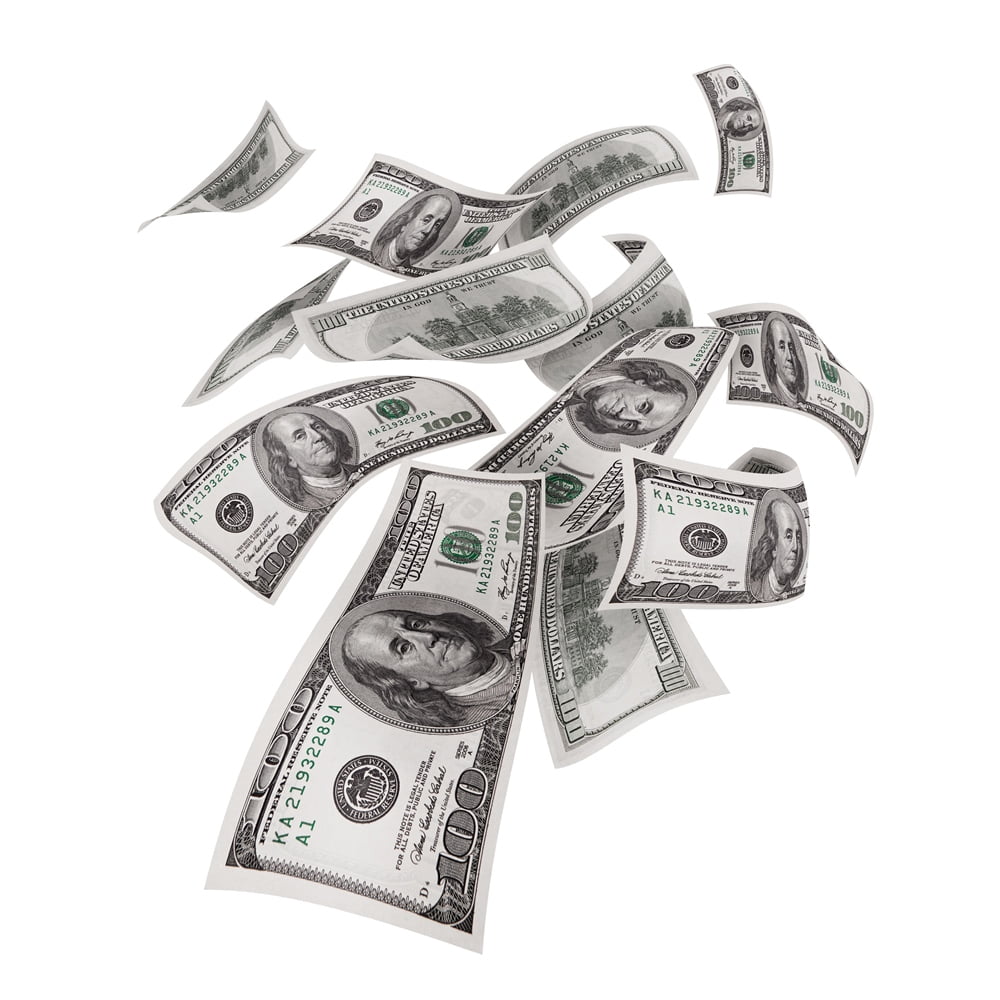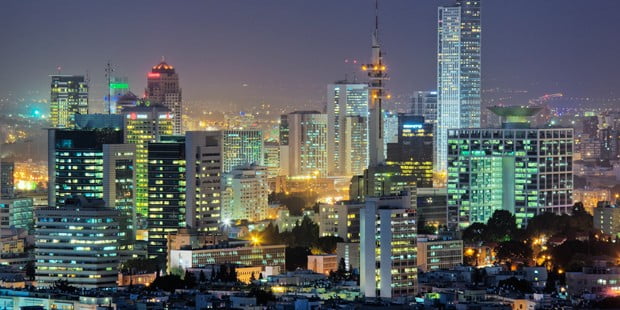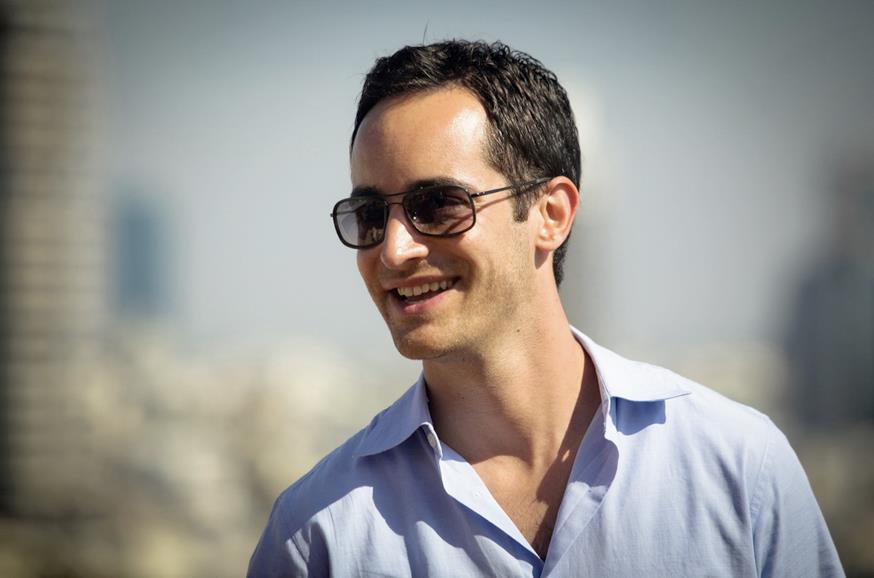The startup industry is Israel’s wunderkind, the prodigious offspring everyone raves about and wants a piece of. With a record $3.4 billion raised by Israeli startups in 2014, and nearly $1 billion in the first quarter of 2015, local and global investors are pouring a sea of cash into budding Israeli startups.
But who rules the investor seas? How do venture capital firms, angel investors, and crowd-funding platforms like OurCrowd share in the bounty, and what is their respective power? For a better understanding of the investor landscape in Israel, NoCamels met many of Israel’s leading investors and experts.
Venture capital firms
VCs, or venture capital firms, are the rainmakers of the Startup Nation, pouring billions of dollars into Israeli companies every year.
The VC industry first took off in Israel around 1993, when the Israeli government funded 10 venture capital firms in a program called “Yozma” (Hebrew for initiative). Since then, the industry has flourished rapidly, and today there are more than 50 active Israeli and foreign VCs, mainly international funds with offices in Israel. In total, these VCs manage billions of dollars in funds, mostly from institutional investors such as pension funds from the US.
While Israeli VCs started out in the early 90s, the majority of foreign VCs came here towards 2000. Sequoia Capital for example, was founded in the US in 1972 and prior to venturing into Israel had been active solely in Silicon Valley. “Israel was our very first experiment,” Tal Morgenstern, partner at Sequoia, one of the world’s largest VCs, tells NoCamels. “It was our first location outside the US.”
SEE ALSO: Israeli Startups Raise Impressive $994 Million In First Quarter Of 2015
Israel’s top VCs are Pitango, JVP, Carmel Ventures, Genesis, Magma, Aleph and 83North. The largest foreign VCs with offices in Israel include Sequoia Capital, Bessemer Venture Partners and Battery Ventures. For startups, these VCs are the kings of the investment jungle, the guys and gals to impress most. Startups all know that to have VC backing significantly improves their chances of success and further financial support.
Angel investors
But if VCs rule the investment landscape, angel investors are often the matchmakers, smart lone wolves who typically make the first “seed” investments in early-stage companies. Angels, as they are called, are people who invests their own money, as opposed to VCs that invest on behalf of others. Since angels get involved early on, they have unique relationships with startup founders. “Angels usually have strong chemistry with the founders of the startup,” experienced angel investor Barak Rabinowitz tells NoCamels. “That’s why good companies have a choice who to let in, and they’re typically letting in the angels who bring real value beyond the money.”
At the start of a startup, “entrepreneurs look at their angels as advisers, and they become very close,” he says. “Typically, an angel doesn’t take a board seat or special rights, but they have a lot of influence over the startup by virtue of that strong chemistry.”
While VCs invest millions of dollars in each company, angels typically invest tens of thousands of dollars for a meaningful stake at an early stage. “That’s a good deal if you believe in the team and vision,” Rabinowitz says.
Crowd-funding platforms
While angels and VCs have been around for decades, recent years have introduced a new player to the Israeli investor landscape: The crowd funds. These funds are wielding increasing power, raising tens of millions of dollars from a large number of people who want to invest small sums of money (typically starting at $10,000) in Israeli startups.
Sign up for our free weekly newsletter
SubscribeBut while crowd-funding firms typically join VCs in financing rounds, they only rarely lead funding rounds themselves.
On the forefront of this industry is OurCrowd, the largest platform of its kind in the world, which has raised $130 million from thousands of investors for 70 startups since its inception in late 2012. “It’s all about building a portfolio of investments for our clients,” Jon Medved, founder and CEO of OurCrowd, tells NoCamels. “If you think you can pick one startup company to invest in, go to a casino instead and play roulette.” Still, Medved agrees that crowd-funding can be risky, just like venture capitalism. “It’s a wild ride,” he asserts. “There are companies that fail – that’s just life. But the good news is that out of our 70 portfolio companies only one has failed.”
Another newcomer to this arena is iAngels, which combines angel investing and crowd funding. Founded in 2013, this platform gives investors the opportunity to angel invest by participating in funding rounds alongside top-tier angel investors like Israeli angel Gigi Levy and American angel Joey Low, both referred to as “super angels,” since they invest larger amounts of money – as much as $500,000 in their best startups.
Corporate and private equity investments
And that’s just the tip of the iceberg. Along with angels, VCs and crowd funding platforms, Israel also enjoys investments from international conglomerates, such as Microsoft – which has a local investment arm and a startup accelerator. In addition to corporates, significant investments are made by Israeli and foreign private equity firms such as FIMI and Apax, providing additional channels to the local investment landscape.
But while corporations invest in Silicon Wadi (Israel’s alternative to Silicon Valley), they typically do not compete with the VCs. “Corporations provide many benefits to the startup ecosystem, including office space and funding but more importantly, partnerships and validation,” Barak Rabinowitz says. “They’re here to find innovation and are glad to partner with VCs as passive investors in funding rounds.”
SEE ALSO: Exit Nation: Israeli Startups Sell For $860 Million In First Four Weeks Of 2015
Despite the copious amounts of cash pouring into Israeli startups, venture capitalists say there’s no bubble to pop in Israel. “The Israeli talent is strong, with much experience, but since it’s not a very competitive market compared to Silicon Valley, companies’ valuations are typically lower and that’s why the yields are considered high – you get a bigger bang for your buck,” Daniel Cohen of VC Carmel Ventures tells NoCamels. “The Israeli high tech industry is correlated with NASDAQ, so if anything – the bubble is not local, the hype is global.”
“The Israeli market is hotter than it has ever been”
OurCrowd’s Medved says “there’s never been a better time to start a company” thanks to all the money pouring into Israel. “The numbers are off the charts, I’ve never seen anything like this.” He points out several major factors that play into the current investment hype: The coming of age of Israeli technology and entrepreneurs, who are now more professionally mature and experienced than ever; the influx of new investments from Asian VCs, primarily from India and China; the rise of later-stage capital – the growth of private equity firms that “write $150 million checks”; the growth of crowd-funding; and the fact the Israeli researchers and developers happen to excel in products the world needs right now: Robotics, drones, optics, machine vision, cyber security, medical equipment and big data.
Rabinowitz agrees. “The Israeli market has strong fundamentals,” he says. In 2000, during the internet bubble, “there were a lot of innovative companies that lacked earnings but saw high valuations driven by hype,” he says. “Now, companies are doing exciting things, but they’re also making money.”
Still, Israel has room for more “unicorns,” the new buzzword for companies that have surpassed the $1 billion valuation. “The yields are nice, but there’s still room in Israel to create larger companies which could be worth several billions of dollars, like Mobileye and Check Point,” Daniel Cohen says. “Such companies create jobs and breed talent that goes out and starts additional companies. It pushes the economy forward.”
Photos: OurCrowd, Carmel Ventures
Related posts

Editors’ & Readers’ Choice: 10 Favorite NoCamels Articles

Forward Facing: What Does The Future Hold For Israeli High-Tech?

Impact Innovation: Israeli Startups That Could Shape Our Future








Facebook comments